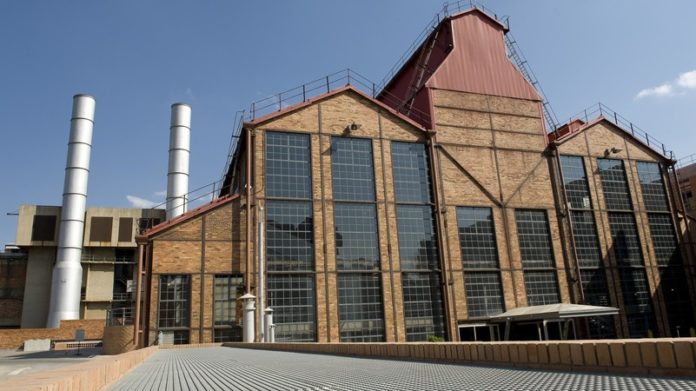
ANGLOGOLD Ashanti registered a four-fold increase in net cash before growth capital during the first half of its 2020 financial year owing to continued gains in the gold price that raises the prospect the firm could edge closer to net cash by December.
Assuming a current gold price of above $2,000/oz for the remainder of the year, free cash flow generation from July to end-December could be a multiple of the first half which will also provide encouragement for an increase in the year-end dividend.
Last year, AngloGold paid shareholders 165 South African cents/share in line with its 10% of free cash flow before expenditure.
The company posted interim headline earnings of $404m (2019: $120m), equal to share earnings of 97c (29c). Attributable profit was $421m ($114m). Free cash flow before growth capital – the metric on which AngloGold uses to calculate dividends – increased to $324m ($68m).
AngloGold’s cash balance also stands to benefit from an estimated $500m in unrealised financial benefits in the form of unpaid VAT and joint venture cash held in the Democratic Republic of Congo (DRC), where AngloGold has a stake in the Kibali mine with Barrick Gold, and Tanzania where AngloGold operates the Geita mine.
Of this, some $293m in attributable cash is in a Kibali joint venture account that Barrick is negotiating to repatriate. The Canadian firm’s CEO, Mark Bristow, said earlier this year the repatriation of the funds was imminent. A further $71m is held in the DRC that AngloGold can use to offset against cost items such as payroll and fuel levies.
In respect of Geita, $131m is held in VAT proceeds that can be offset against locally incurred costs in Tanzania.
The upshot is that AngloGold can expect to make further in-roads into its net debt which, as of June 30, was at $1.43bn, down 18% from $1.74bn as at December 31.
The company has hitherto run an extremely conservative balance sheet drawing down facilities of $1.4bn in March shortly after the World Health Organisation declared the Covid-19 disease a pandemic. The gold price received for the six months ended June was $1,642/oz, just over $400 per ounce less than spot gold.
Year-on-year gold production was down about 85,000 oz – coming in for the half year at 1.47 million oz – owing to Covid-19 lockdowns of which 63,000 oz was sustained in South Africa. AngloGold did not provide updated year-end guidance after withdrawing its previous expectation of 3,05 to 3.3 million oz for the financial year.
The sale of Mponeng and Mine Waste Solutions to Harmony Gold for $300m is yet to receive final approval from the South African government, partly owing to Covid-19 interruptions. Granting a change of control authorisation can typically take six to nine months to complete.
The company is yet to provide details of CEO Kelvin Dushnisky’s decision to leave the company at the end of this month. It said today Dushnisky would remain with his family in Toronto from which he would provide support to interim CEO, Christine Ramon. Ramon, AngloGold’s current CFO, will take up her duties from September until a full-time replacement is appointed.
According to Bloomberg News, which cited an unnamed source, Dushnisky took leave of AngloGold under pressure from the Public Investment Corporation (PIC), the government-owned pension fund. The PIC had in June been critical of Dushnisky having collected two bonuses, one from AngloGold and the second from former employer Barrick Gold.
AngloGold subsequently issued a statement saying there had been no pressure from the PIC regarding the Barrick bonus which had been returned to the company.










